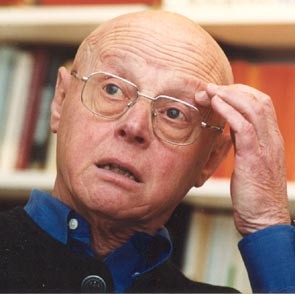Geert Hofstede developed a typology of cultural dimensions, that is extremely helpful when you want to analyze different cultures and compare them to each other.
The concept of Power Distance describes how equal people in a culture are. If there is a high Power distance Index, people rather accept strong leadership. Authority and dependency characterize these cultures. Cultures with a low power distance index tend to stress their freedom and equality. Authority and dependency are avoided if possible.
Individualism and collectivism
It is a very telling fact about a society if the group or the individual is more important. In individualistic countries, the wish to fulfill one's dreams is higher than in collectivistic cultures where the group's will is more important than individual wishes.
If individualism is important, everybody fights for him or herself but on the other hand, they also have to take care of themselves by themselves.
Masculinity and femininity
The level of masculinity or femininity describes in how far a culture tries to achieve male traits such as dominance, power, competition or female traits such as quality, relationship, caring for the weak. It also shows how 'traditional' the roles of a man and woman still are. In very male-oriented countries, women barely work whereas in rather female-oriented countries, women are barely only housewives.
Uncertainty avoidance
It is an interesting fact how a culture deals with situations of not knowing what will happen in the future. When the uncertainty avoidance level is low, people often are very tolerant and open towards other values. In countries with high uncertainty avoidance, there are a lot of rules and regulations – people need leaders who tell them what to believe and what to do.
Long-term and short-term orientation
Countries with long-term orientation show high respect for traditional values and try to preserve them. In countries with short-term orientation, change can happen and people are very open to new values: let the past be the past.

0 Comments:
Kommentar veröffentlichen